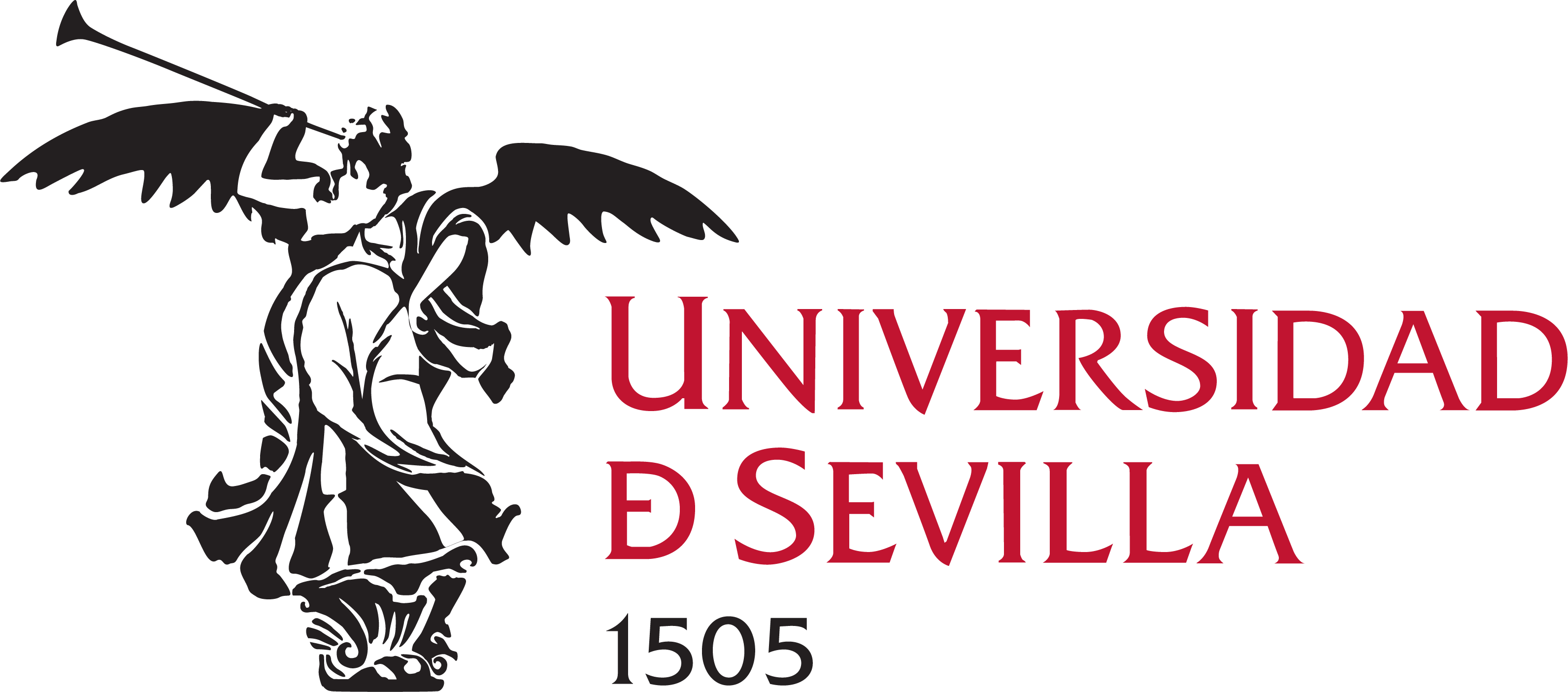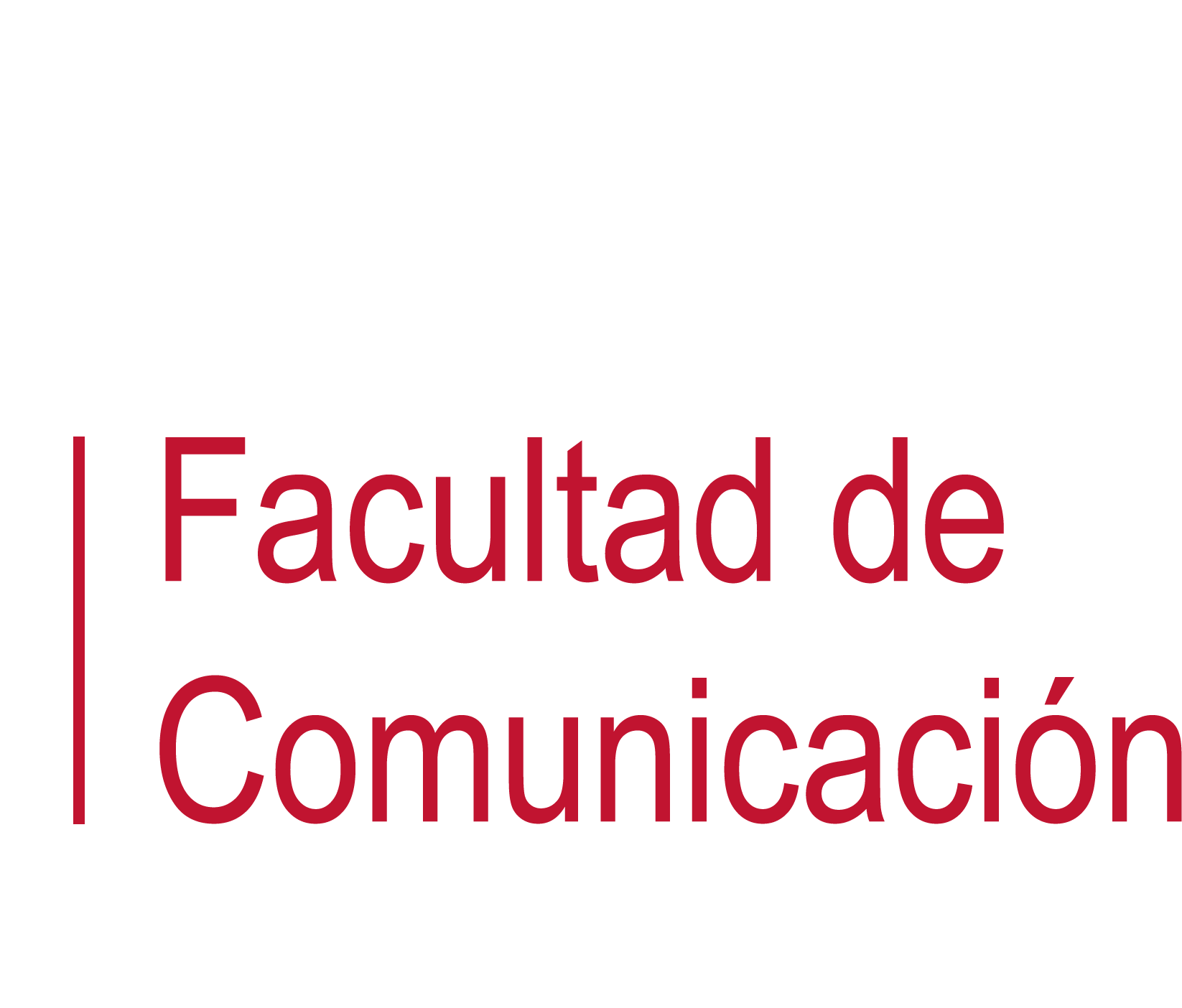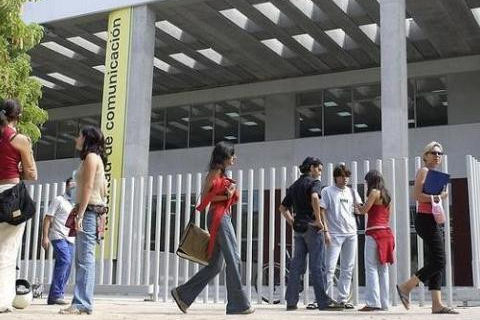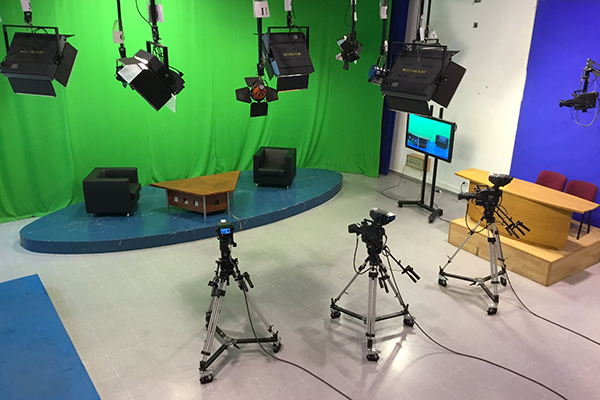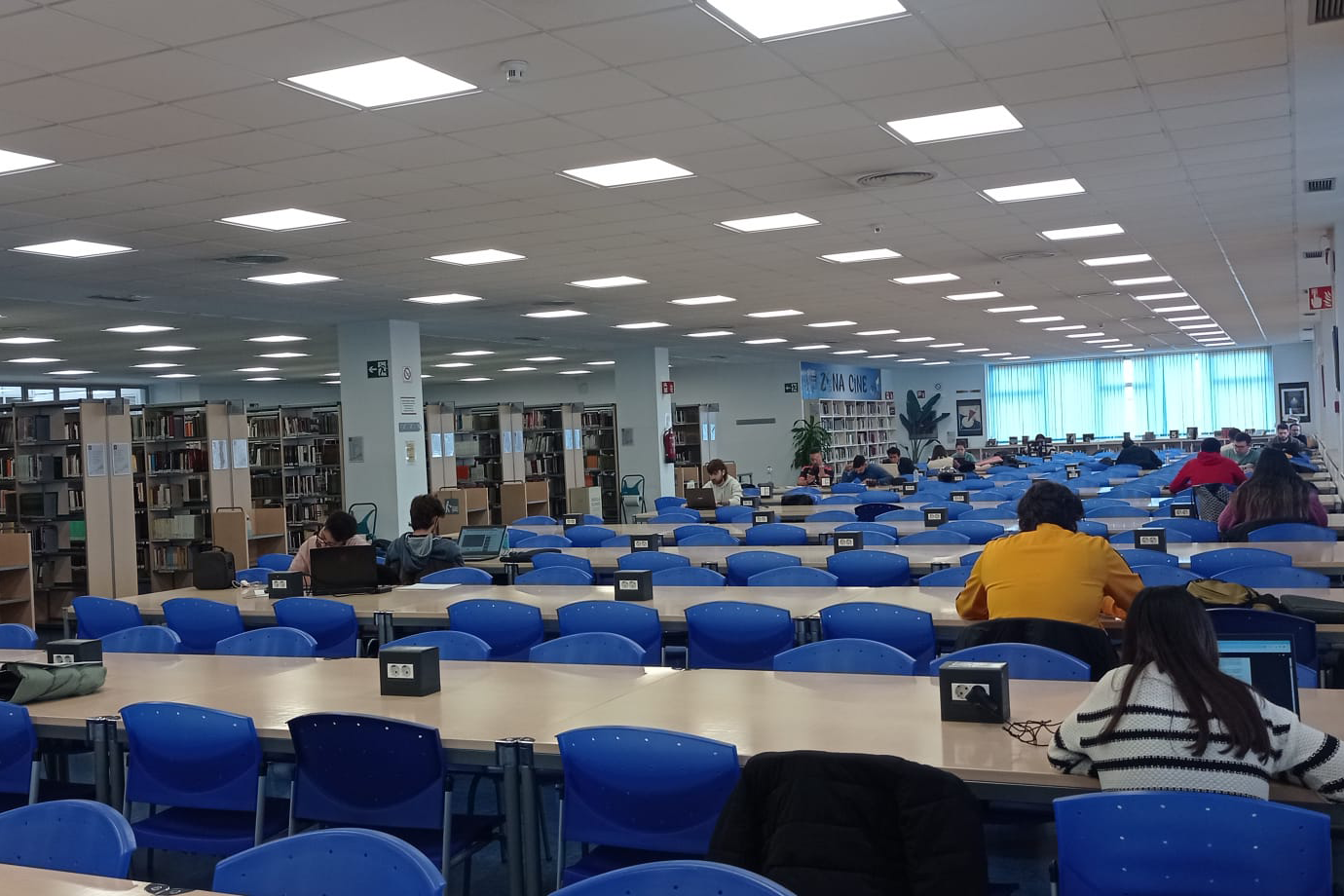What is the procedure?
- In the first place, the internships are assigned (through the Ícaro platform: icaro.ual.es) to the students (there are several calls throughout the year).
- Once the internship is assigned (which is done, also, throughout the year, through several calls), the student is assigned an academic tutor: that is the teacher. The list of academic tutors is available on the faculty website (fcom.us.es), in the "internship" section. Also, through the different departments, you will get that list. You also have it available, physically, in the Deanery. Once the list is the final list, you will have to sign a "commitment to tutor" in the Deanery. You will be informed when it is available.
- The academic tutor can check the status of the student, his company and other information through the Icarus application. To access you do not need to register in the application, this task has already been carried out by the appropriate staff of the University of Sevilla. The access address is http://icaro.ual.es. To access you must click on "University Access" and enter the user (uvus) and password (TUTOR). Once authenticated, a presentation screen is displayed where the registration and last connection data are found. If someone can not access, please communicate in writing, as soon as possible, to the Vice Dean of Internships in Companies and Students.
- The student performs his internship.
- Throughout the academic year, the teacher (academic tutor) can / should contact as many times as he wants with the professional tutor (the data appears on the Ícaro platform) and with the student. And it must follow up on the completion of external internship.
- At the end of the internship the student has to deliver a documentation in the Department of the Faculty (in no case to the teacher directly). Without this documentation, the student can not be evaluated given that this documentation is the documentary evidence that serves as an exam. The deadline for submission of this documentation for the academic year 17/18 is:
- December 18, 2017 (for the qualifications ratings enter in December). IMPORTANT: The academic tutors of course 17/18 are reminded that it is their responsibility to qualify in December, within the established deadlines, those students who submit documentation before December 18, as in the rest of the subjects and evaluations.
- June 29, 2018 (for the qualifications ratings enter in July).
- September 19, 2018 (for the qualifications ratings enter in September)
- As the students are submitting documentation (they have a deadline but can be delivered throughout the course) academic tutors can go collecting files in the Deanship (you must sign the collection of them) and you can access the reports of the professional tutors (of the company) through the Ícaro platform.
- On a date x (which you will decide -in June, September and December-) you will have to publish a provisional list of notes that you will put under your criteria (following the annotations of the professional tutors - you can contact them, you will be given their information data-), propose a revision with the appropriate regulatory requirements and, later, once the qualifications are final, proceed to the publication in reports. These dates must be governed by the regulations of the University of Sevilla (REGULATORY REGULATOR OF THE EVALUATION AND QUALIFICATION OF THE SUBJECTS Approved by the Governing Council in the session of September 29, 2009). Subsequently, in the month of September, you will again receive notification of these files of students who have completed the summer internship and whose qualification will go in the records of the September call. The same happens in the December call.
The regulations say that each student supposes:
- 0.1 credits in:
- Degree in Communication and Media
- Degree in Journalism
- Degree in Advertising and Public Relations
- Master of Communication and Culture
- Master in Script, Narrative and Audiovisual Creativity
- 0.2 credits in the case of the Master in Institutional and Political Communication
- These credits will be computed in the following course, with a maximum of 2 credits per teacher. In this way, teachers who have supervised 20 students (or more) during the 2017/2018 academic year will have 2 credits less in their teaching load for 2018/2019. And it will continue in the same way as long as there is no regulation different from the current one.
